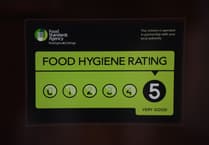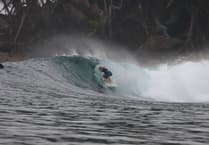‘VERY disappointing’, is the way the Environment Agency’s (EA) Chair Alan Lovell described the performance of England’s water companies this year, as South West Water remained at the bottom of the pile for its performance for an 11th consecutive year.
The Westcountry utilities company was just one of two companies to score two out of four stars (requires improvement) in the Environment Agency’s performance rating this year, alongside Southern Water. SWW has scored either one or two stars since records began in 2011.
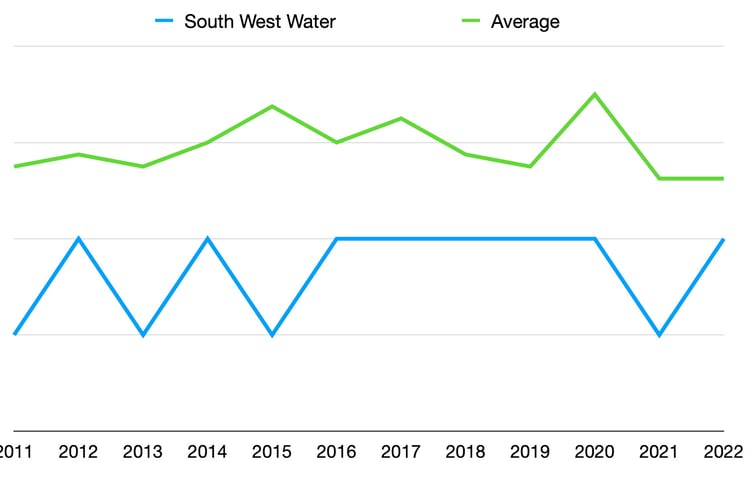
SWW also joined Southern Water in being the only two companies to have a pollution record that was ‘significantly below target’, with 108 pollution incidents, or 62 per 100,000km of sewer.
The company saw some improvement from last year’s 151 pollution incidents, although there would still need to be a much larger improvement, 39 fewer incidents - to move from red to green in the EA’s traffic light rating system.
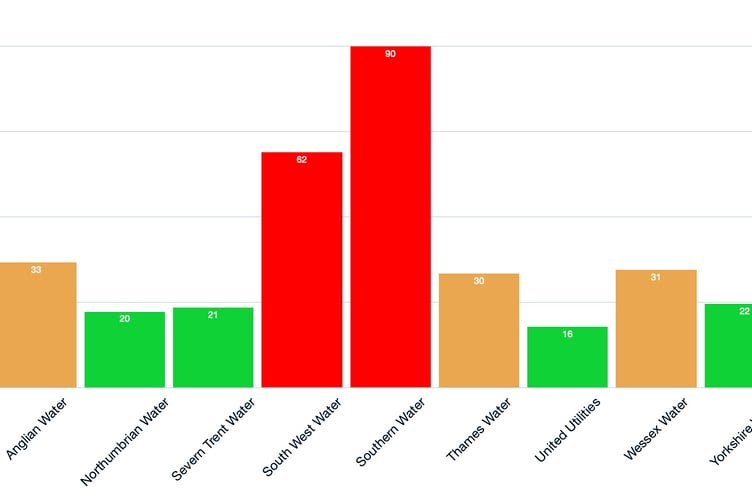
In their report, the Environment Agency note that although there was some improvement in sewage pollution through storm overflows, this ‘should be expected’ due to the notably dry weather reducing the need for their use.
Currently, South West Water has scored red, (or ‘significantly below target’) for pollution every single year since records began in 2011.
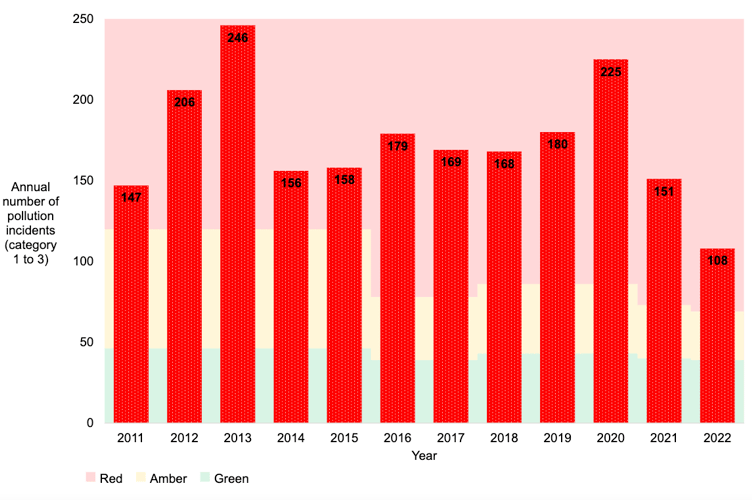
This record hasn’t gone unnoticed. the Totnes constituency was the 13th worst for sewage pollution in the country.
According to campaign group Top of the Poops, which tracks all sewage pollution through EA data, the constituency recorded almost 4,000 sewage dumps, amounting to over 27,500 hours of pumping sewage into our waterways in 2022.
Sewage was dumped into the River Dart 362 times last year, lasting 2,781 hours. That’s an average of almost once a day. The Teign Estuary was also found to be the most heavily polluted area designated for shellfish in the country.
The EA’s record of pollution remains lower, as they only count sewage dumps outside of SWW’s permit. However, campaign groups such as Surfers Against Sewage argue that these levels fall even further outside a safe and acceptable level.
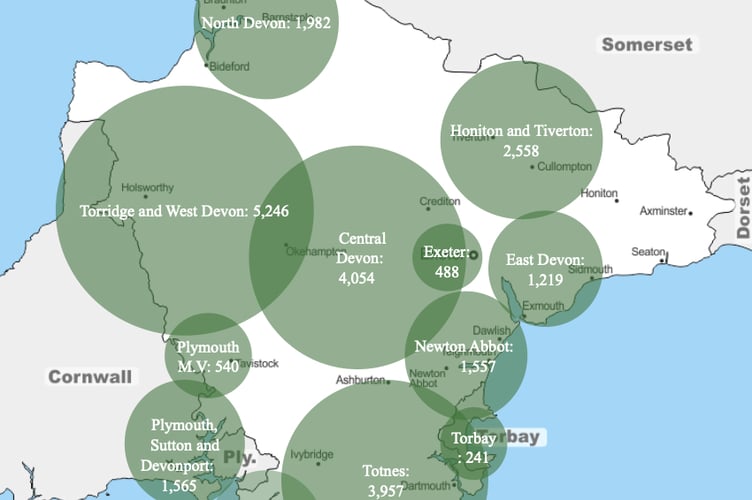
SWW also committed two serious pollution incidents, making their record in this department amber, or ’below target’.
This record has triggered rallies across Devon's coastal communities, with residents and councillors demanding South West Water clean up their act. Earlier this year, over 200 people took part in a ‘Dirty Water’ protest at Teignmouth, as part of a larger nationwide campaign. Another rally took place in November last year.

Martin Wrigley, councillor for Dawlish North East has been campaigning against South West Water’s pollution record for many years. Martin said: ‘I am disgusted. We can see this as a symptom of the mess that water companies are in.
‘What we’re seeing is the failure of water companies, the failure of the privatisation model and the failure of many other things. It’s not good enough and we have to continue to push for better. I can see a whole change in the way that the water industry is run, and the sooner it comes the better.’
Newton Abbot Town Councillor and former South West Water employee, Mike Joyce has also been pushing for greater accountability in the water industry. Mike said: ‘‘I’m calling on the government and water board to grasp the nettle and fix this. It’s a disgrace. It’s a service and should never have been privatised.
Earlier this month, the Environment Agency brought in tougher measures to try to curb pollution coming from water companies. The current cap of £250,000 fines has been lifted, meaning that water companies may face unlimited fines for pollution. New laws will also mean that penalties can be levied for a much wider range of environmental offences.
One other point that South West Water stood out on was the Supply Demand Balance Index, which measures the ability of a company to meet the needs of the region’s population. In this respect, South West Water scored 86 (significantly below target), the only company not to score 100. This means that South West Water is the only water company that the Environment Agency has concerns over meeting demand.
On this point, Mike Joyce added: 'No new reservoir has been built in Devon since the 1980s, yet so many new homes have been built and here we go again we are faced with another hosepipe ban.
‘On top of that, we have all the visitors, who are of course welcome, but no account is made of the extra people visiting us and the services required for them. Our water service all desperately needs fixing.’
'When approached with these findings, Susan Davy, CEO of Pennon, responded: ‘South West Water has the second lowest number of absolute waste water pollution incidents across the sector, alongside top quartile compliance performance.
'I said we would improve and we have. South West Water has delivered the greatest reduction in total wastewater pollution incidents across the sector, by some way (see table below).
The plan is working and we remain on track to becoming a four-star company by the end of 2024. One pollution is one too many, and we continue to achieve significant reductions year on year.
'We are also taking action on the wider environmental issues that matter most to our customers, including areas that are not included in the EPA assessment, such as storm overflows and coastal bathing water quality.
‘Our customers in the South West can be reassured that we are making significant progress in our environmental performance. Over the next two years, we have committed a record £750 million investment to continue to make necessary improvements.'



